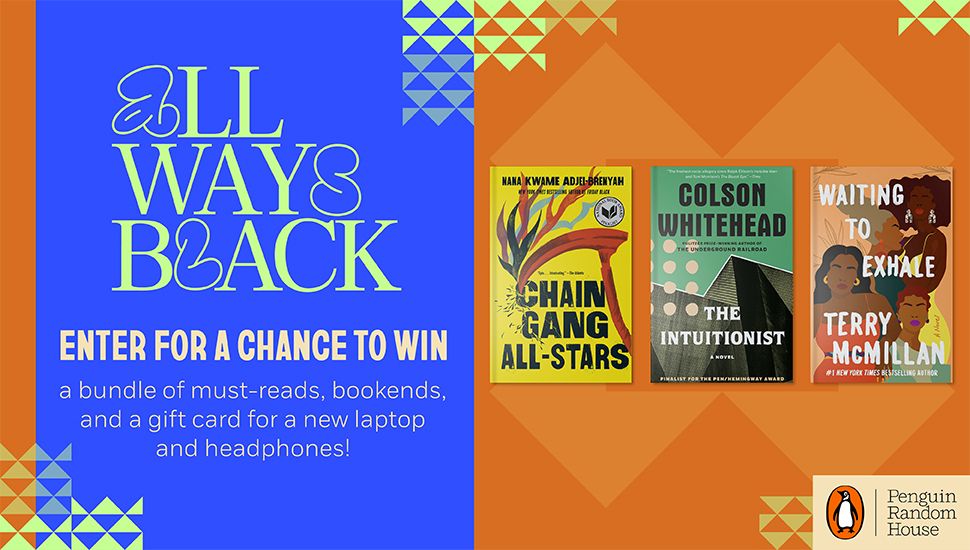
Literary Pet Peeves: When Characters Preach
Everyone has literary pet peeves. For some, it’s the precocious child narrator. Some people can’t deal with it when the author breaks the fourth wall. Perhaps you get a little stabby when confronted with linked short stories. For me, the most irritating, infuriating, rage-inducing Literary Thing is the preachy book that uses the conversations of the characters as a mouthpiece for the author’s Message-With-A-Capital-M.
I don’t mean preachy like the Anne of Green Gables, let’s all just be nice and have bosom friends and plant gardens kind of preachy. In fact, preachiness in a kid’s book doesn’t really bother me at all. It’s when the preachiness is masquerading as literary fiction that I get a little eye-rolley.
When I can point to a book and say, “this was used by the author to explain his/her world view,” a book has passed the preachiness threshold. More specifically, if a selection of dialogue or a speech given by the narrator (or worse, a dream a character has) can be added to the end of the sentence, “The moral of the story is ___,” the author is preaching.
It doesn’t even matter WHAT is being said. Whether it’s Shug Avery’s dialogue-driven explanations of the nature of God in The Color Purple or John Galt’s ridiculous 70-page defense of heartless capitalism in Atlas Shrugged, the whole Using Your Characters’ Conversations To Make a Moral/Political/Religious Point is pet peeve-tastic. It’s lazy. Just write an essay.*
This can be a truly unpopular opinion in circles of readers who are in books for their “improving” capabilities. I’m not that reader. I’m in it for a good story and for excellent writing that makes me appreciate what language can do. I’m not in it to be directly told what to think by a character while they’re doing the laundry or addressing the multitudes. I’m not saying that I’m not open to new ideas or thought processes that are presented in fiction- I’m just not open to them when they’re presented cheaply and without subtlety. I need to be quietly drawn in by the prose, gently led to your conclusion (or even better, given the opportunity to arrive there myself).
Am I alone here? Among your literary pet peeves, does this one factor in your reading life?
*Moralizing in Victorian-or-older novels isn’t as bothersome to me because that was where the evolution of literature was at the time. I feel like storytelling has moved on by now.











